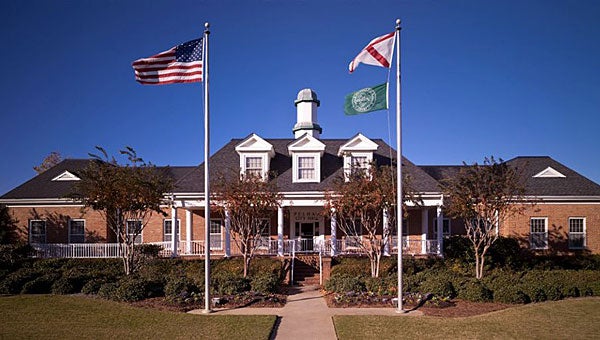Council discusses ordinances addressing food trucks
Published 10:32 pm Monday, April 20, 2015

The Pelham City Council discussed two ordinances related to food truck regulations in the city on April 20. (File)
By EMILY SPARACINO / Staff Writer
PELHAM – The wheels on Pelham leaders’ efforts to solidify guidelines for food truck operators in city limits are gaining more traction.
The Pelham City Council discussed two ordinances regarding zoning and business licenses for food trucks and held a public hearing for one of the ordinances at a meeting April 20.
The council conducted the first reading of an ordinance to amend the business license ordinance to provide for “mobile food units,” also known as food trucks.
The ordinance addresses where food trucks can operate, hours they can operate and guidelines for exceptions regarding special events with the mayor’s approval on a case-by-case basis.
An example of an exception would be a food truck receiving approval to operate at a church in a residential zone or a location for more than three days.
During the reading, Councilman Ron Scott proposed an amendment to the ordinance to extend approval of exemptions to the City Council and mayor to “remove any question about any favoritism or politics.”
“I want to take the politics out of this,” Scott said. “I would rather have the full council in conjunction with the mayor granting any exceptions or exemptions to this ordinance. I think this is what we were elected for.”
Councilwoman Karyl Rice said requiring the entire council to approve exemptions could cause delays for people planning events with food trucks.
Rice said the council could “think about trying to come up with some way to allow the mayor (and) maybe the president of the council to share that responsibility.”
Council President Rick Hayes and Mayor Gary Waters told Scott they understood his point.
Rice suggested the council serve as an “appellate body” if someone feels he or she wasn’t given a fair decision about a food truck exception.
“I do like the ability to have a second set of eyes,” Hayes said. “I would probably recommend at this point that we do add an appellate process.”
Since the council agreed on Scott’s proposed amendment, the first reading of the ordinance was moved to the next council meeting.
“It’s just a simple exercise in checks and balances,” Scott said.
The council conducted a public hearing for the zoning ordinance related to food trucks, during which Scott gave the only comment.
“It’s just needed,” he said.
The ordinance maintains food trucks don’t have to be housed in permanent buildings, as the original ordinance stated.









